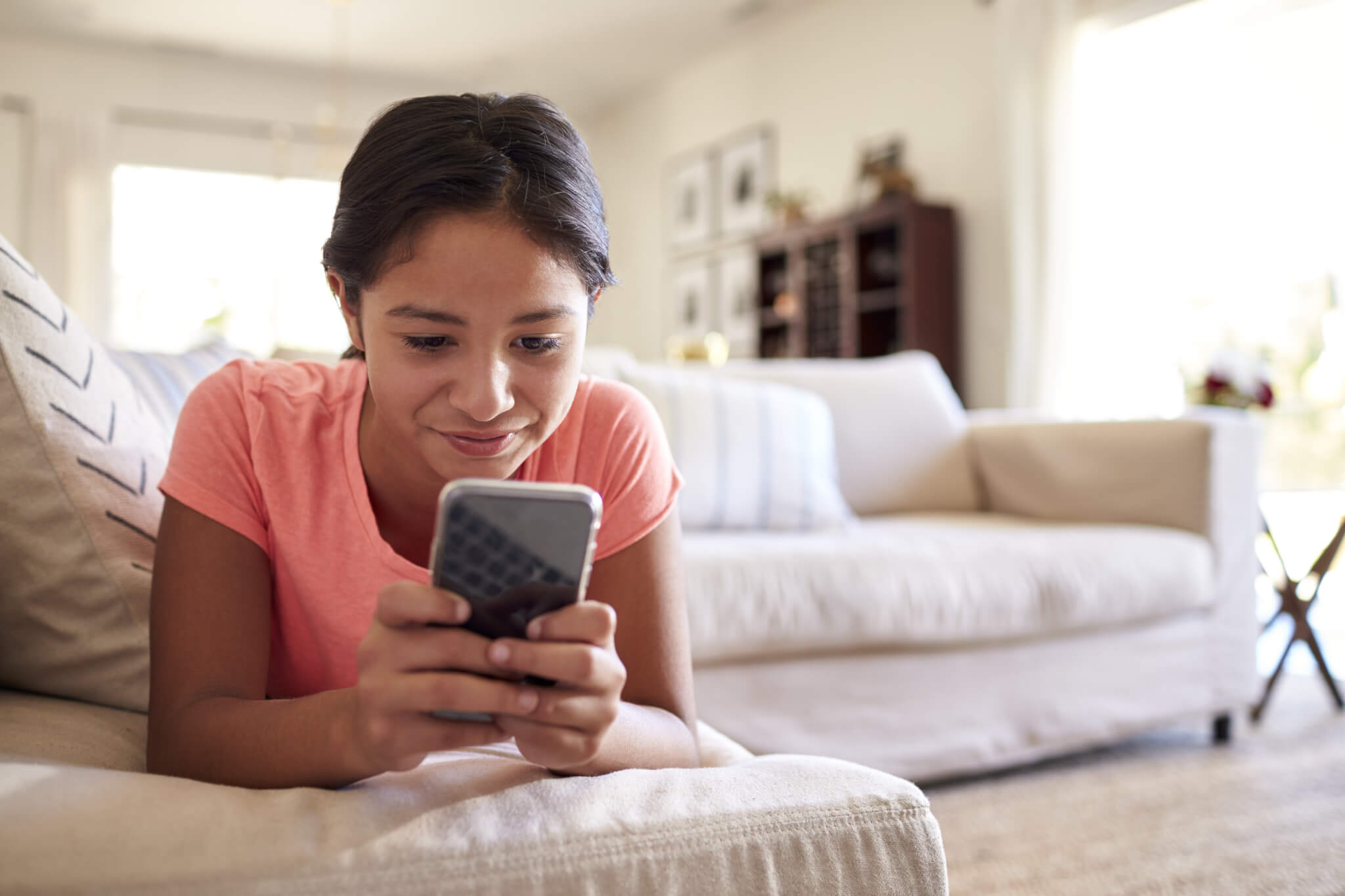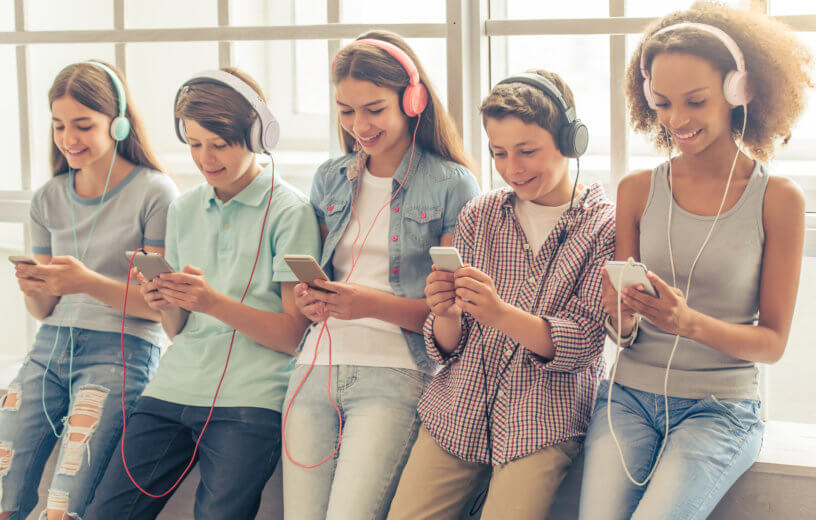TRONDHEIM, Norway — Is social media really turning young people into antisocial zombies? A surprising new study finds that children and young adults who use these platforms the most are actually more active in the real world than others! It turns out that frequent social media users spend more time interacting with their friends and others in person than those who tend to limit their screen time.
“On the contrary, we find that people who use social media a lot spend more time with friends offline,” says Professor Silje Steinsbekk, from the Norwegian University of Science and Technology’s Department of Psychology, in a media release.
The stereotype-breaking findings, published in the journal Computers in Human Behavior, come from a long-term project called the Trondheim Early Secure Study. Researchers collected information from roughly 800 children and young adults when they were 10, 12, 14, 16, and 18 years-old. This included interviews about each child’s use of social media from year to year.
The goal was to find out if using social media impacts a young person’s overall social skills. Additionally, do the platforms affect how much time kids spend with their friends in the real world and not just messaging with them from home?
To the team’s surprise, participants frequently using these platforms did not see their social skills erode. Researchers at NTNU add that this is a critical finding, since social interaction with friends is important for everyone’s mental health, regardless of age.
“Social media is a new arena for social interaction, and some people have argued that the use of social media inhibits the development of social skills, while others have claimed the opposite: that social media can promote social skills. We did not find any evidence supporting one or the other,” Steinsbekk explains.

Using social media still comes with risks
The study authors note that social media can still be problematic for those dealing with social anxiety issues. The team discovered a mild link between children with social anxiety overusing social media and the development of poorer social skills.
“This correlation was weak, so we are reluctant to draw strong conclusions until more research has been done to investigate this further,” Steinsbekk reports.
For children and teens dealing with anxiety, researchers add that using social media can be a double-edged sword. On one hand, studies have found that those with anxiety find it easier to communicate with others online, as in-person conversation can be intimidating and overwhelming. However, other studies (including this one) show that young people with anxiety are more vulnerable to social media addiction and misuse.
Despite the risks to some, the NTNU team says their findings debunk the belief that social media use turns youngsters into antisocial shut-ins. In fact, their frequent use of social platforms may actually give them more opportunities to connect with old and new friends and set up chances to go out and socialize outdoors.
“Social media is a new social landscape where children and young people spend a lot of time, and we need knowledge about how it affects them. The findings of this study do not support the assumption that increased use of social media leads to less time spent together with friends. In fact, they suggest the opposite,” Steinsbekk concludes. “We hope the findings can help reduce parents’ concerns somewhat.”
